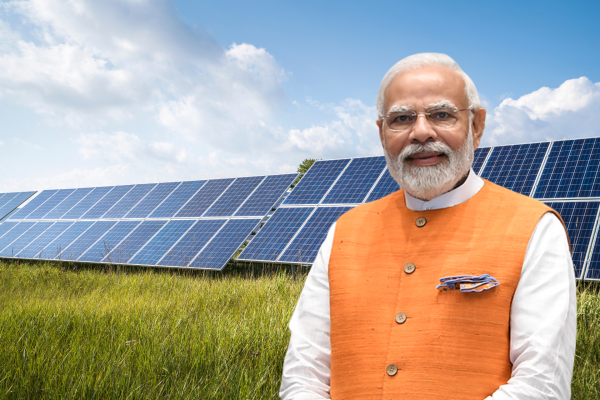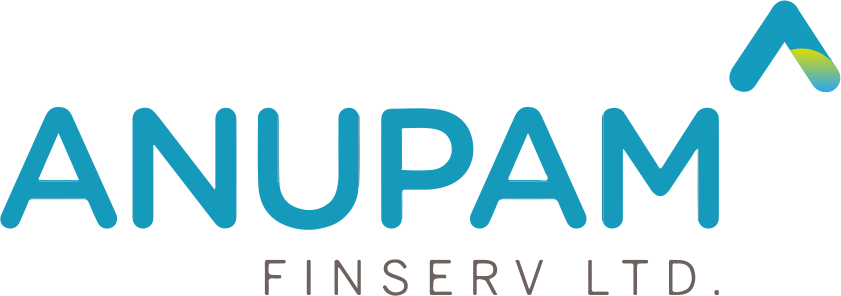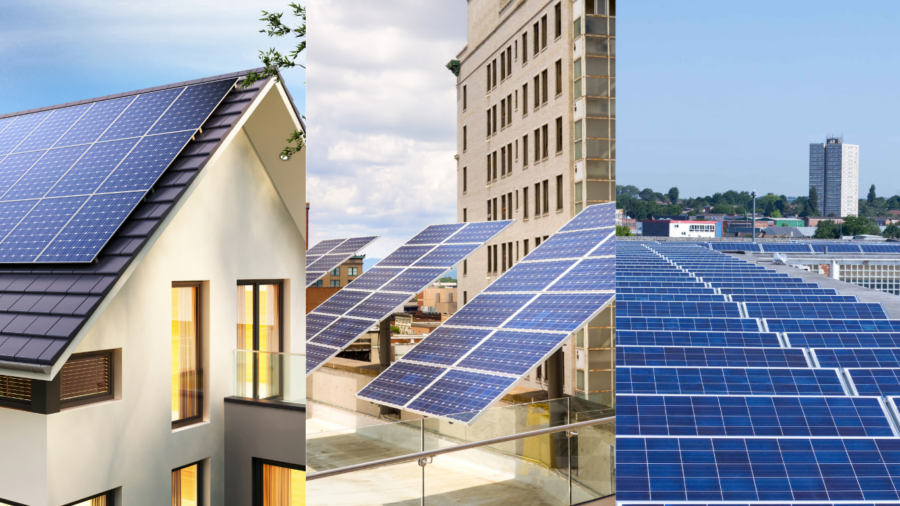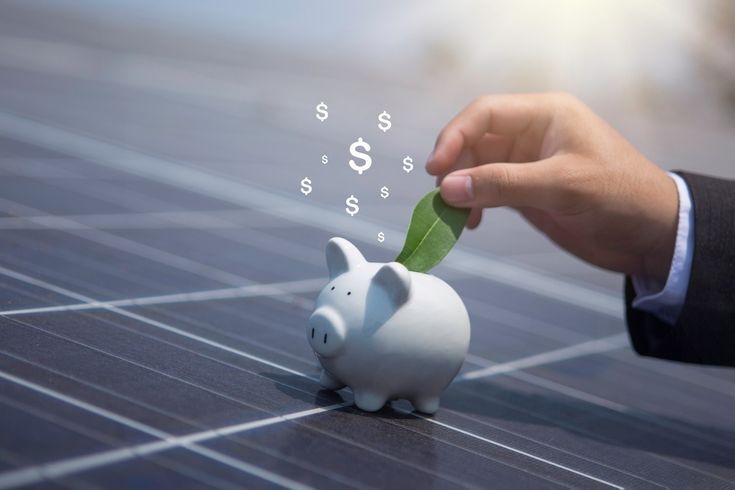What Are Solar Loans?
In recent years, solar energy has emerged as a sustainable and cost-effective alternative to traditional energy sources in India. With increasing environmental awareness and government incentives, more individuals, businesses, and housing societies are turning to solar solutions. If you are considering installing solar panels but are concerned about the upfront costs, solar loans can be a game-changer. Anupam Finserv is here to simplify the process, making clean energy affordable for all. Here’s everything you need to know about solar loan eligibility in India.
Solar loans are financing options specifically designed to help individuals, businesses, and housing societies fund solar energy installations. These loans enable borrowers to spread the cost of solar panel installation over a period of time, making it accessible without significant upfront investment.
Why Choose Solar Energy?

- Cost Savings: Solar panels reduce electricity bills, offering long-term savings.
- Environmental Benefits: Solar energy is a clean, renewable resource that reduces carbon footprints.
- Government Incentives: The Indian government provides subsidies, tax benefits, and incentives to promote solar adoption.
- Increased Property Value: Solar installations add to the value of residential, commercial, and housing society properties.
Eligibility Criteria for Solar Loans in India
To qualify for a solar loan with Anupam Finserv or any other lender, applicants need to meet specific eligibility requirements. Here’s a detailed breakdown:
1. For Individuals
- Age: Applicants should typically be between 21 and 60 years old.
- Income: A stable income source is essential to ensure loan repayment. Salaried and self-employed individuals are eligible.
- Credit Score: A good credit score (usually above 650) enhances approval chances and may secure better interest rates.
- Ownership Proof: You must own the property where the solar system will be installed.
2. For Businesses
- Business Stability: The business should be operational for at least 3 years, demonstrating financial stability.
- Revenue Requirements: A minimum annual turnover, as specified by the lender, may be required.
- Documentation: Submit business registration, financial statements, and tax returns.
- Purpose of Loan: Clearly state the intention to use the loan for solar installations.
3. For Housing Societies
- Registration: The housing society must be a registered entity.
- Approval from Members: A resolution passed by the majority of members is often required.
- Financial Health: The society must demonstrate financial stability, supported by financial statements and bank records.
- Location and Feasibility: The property’s location and technical feasibility for solar panel installation are crucial.
Factors That Affect Solar Loan Eligibility
- Loan Amount: The cost of the solar system, including installation, determines the loan amount. Higher amounts may require stricter eligibility.
- Repayment Tenure: Longer tenures reduce EMI but may increase total interest costs.
- Subsidy Benefits: Government subsidies can reduce the loan amount, making eligibility easier.
- Co-Applicant: Adding a co-applicant with a strong financial profile can improve eligibility.
Documents Required for Solar Loans

To ensure a smooth application process, keep the following documents ready:
For Individuals:
- Identity Proof: Aadhaar, PAN card, or passport.
- Address Proof: Utility bills, Aadhaar, or property documents.
- Income Proof: Salary slips, bank statements, or IT returns.
- Property Ownership Proof: Title deeds or property tax receipts.
For Businesses:
- Business Registration Certificate
- GST Registration
- Financial Statements
- Income Tax Returns
For Housing Societies:
- Registration Certificate
- Member Resolution Copy
- Financial Records
- Property Ownership Documents
Benefits of Solar Loans with Anupam Finserv
- Affordable Interest Rates: Competitive rates to ensure affordability.
- Flexible Tenures: Choose repayment periods that suit your financial situation.
- Quick Approvals: Hassle-free application and fast processing.
- Customized Solutions: Tailored loans for individuals, businesses, and housing societies.
- Expert Guidance: Assistance throughout the loan process and installation.
Steps to Apply for a Solar Loan
- Share your last 2 electricity bills with us.
- Get a quote.
- Site inspection by our engineer for precise measurements.
- Make the down payment/ take a loan and kickstart installation.
- We will liaise with related authorities to complete the installation process.
Government Initiatives and Subsidies

India’s government actively promotes solar energy through various schemes:
1. Subsidy for Residential Consumers:
- Central Financial Assistance (CFA) is available for residential installations.
- Subsidies range from 20% to 40% of the installation cost.
2. Net Metering Policy:
- Excess energy generated can be sold back to the grid, reducing costs further.
3. PM-KUSUM Scheme:
- Focused on farmers, this scheme supports solar pump installations and grid-connected systems.
Why Solar Loans Are Beneficial for Everyone
Individuals
- Energy Independence: Generate your own electricity and reduce dependency on the grid.
- Cost Savings: Cut down electricity bills significantly over time.
Businesses
- Operational Efficiency: Reduce overhead costs and improve profit margins.
- Sustainability Goals: Meet corporate social responsibility objectives with clean energy.
Housing Societies
- Cost Sharing: Shared costs among residents reduce individual financial burdens.
- Reduced Maintenance Bills: Solar energy powers common areas, reducing electricity expenses.
- Community Impact: Demonstrates commitment to sustainability, fostering goodwill.
Common Challenges and How to Overcome Them
1. Stringent Eligibility Criteria
Solution: Maintain a good credit score, stable income, and ensure all necessary documents are in place before applying.
2. Complex Documentation
Solution: Anupam Finserv provides end-to-end assistance to simplify the process.
3. Technical Feasibility
Solution: Conduct a site feasibility study to ensure the location is suitable for solar installation.
Frequently Asked Questions
What is the typical interest rate for solar loans?
Interest rates vary but are generally competitive, ranging from 8% to 15% per annum.
Are solar loans tax-deductible?
Interest on loans for renewable energy projects may qualify for tax benefits under certain conditions. Consult a tax advisor for specifics.
How long does it take to process a solar loan?
With Anupam Finserv, solar loans are processed quickly, often within a few days.
Can housing societies apply for solar loans?
Yes, registered housing societies with financial stability can apply for solar loans to power common areas.
Conclusion
Switching to solar energy is not just a step toward sustainability but also a smart financial decision. With solar loans from Anupam Finserv, the transition becomes seamless and affordable. Whether you are an individual homeowner, a business owner, or part of a housing society, our tailored solutions ensure you meet your energy goals without straining your finances.
Take the first step toward a greener future today. Contact Anupam Finserv to explore your solar loan options and make your solar dream a reality!





